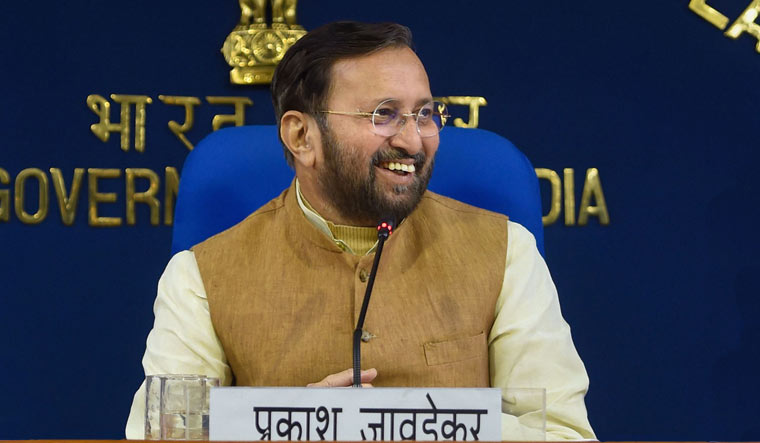In a meeting presided over by Prime Minister Narendra Modi on Wednesday, the Union Cabinet approved creating an MoU with the United States on the issue of intellectual property rights, according to Information and Broadcasting Minister Prakash Javadekar.
The decision comes ahead of Trump’s maiden visit to India on February 24 and 25, and after the Department of Promotion of Industry and Internal Trade held a meeting regarding changes to the existing IPR policies earlier this month.
The MoU could be for an initial pact on IPR issues according to Reuters.
The US has for decades taken issue with India’s regulatory mechanisms on IP rights. The country was among 10 others placed on a ‘Priority Watch List’ by the United States Trade Representative (USTR) office for IP violations in April 2019.
The report said that while India has taken steps to address intellectual property challenges and promote IP protection and enforcement, “many of the actions have not yet translated into concrete benefits for innovators and creators and long-standing deficiencies persist. India remains one of the world’s most challenging major economies with respect to protection and enforcement of IP.”
In 2016, India announced its first National Intellectual Property Rights Policy, with then finance minister Arun Jaitley saying the approach was to “balance consideration of inventability, innovation and public health consideration.”
The US narrative on India’s pharma industry has focussed on the claim of intellectual property rights being stolen by Indian generic drugmakers. Such affordable Indian drugs supply over 60 per cent of the global market for vaccines and antiretroviral drugs. However, a USTR report claimed that over 20 per cent of drugs sold in the Indian market were ‘counterfeit’—a term it uses to mean drugs that are made as an exact copy of a trademarked item. In contrast to the international definition of drugs as substandard/spurious/falsely-labelled/falsified/counterfeit (SSDDC), the US terminology has a greater base in the country’s dispute with India over IPR violations.
On Wednesday, Trump said that he did not expect a big trade deal to emerge out of his India visit.
"Well, we can have a trade deal with India, but I'm really saving the big deal for later on," Trump told reporters at the Joint Base Andrews outside Washington on Tuesday when asked whether he expects a trade deal with India before the visit.
"We're doing a very big trade deal with India. We'll have it. I don't know if it'll be done before the election, but we'll have a very big deal with India," he said.
During his interaction with journalists, Trump once again voiced his concern over US-India trade relations. “We're not treated very well by India," the US president said.
Though President Trump is not happy with the bilateral trade ties, he praised Prime Minister Narendra Modi and said he is looking forward to his visit to India.
"I happen to like Prime Minister Modi a lot," Trump said.
"He (Modi) told me we'll have seven million people between the airport and the event. And the stadium, I understand, is sort of semi under construction, but it's going to be the largest stadium in the world. So it's going to be very exciting... I hope you all enjoy it," he told reporters.
With inputs from PTI


